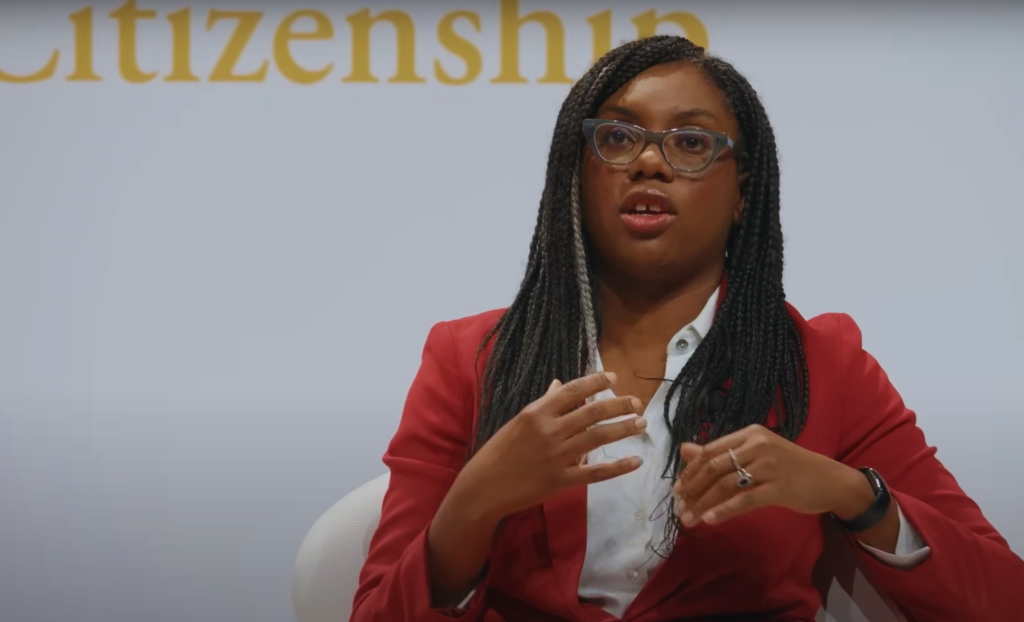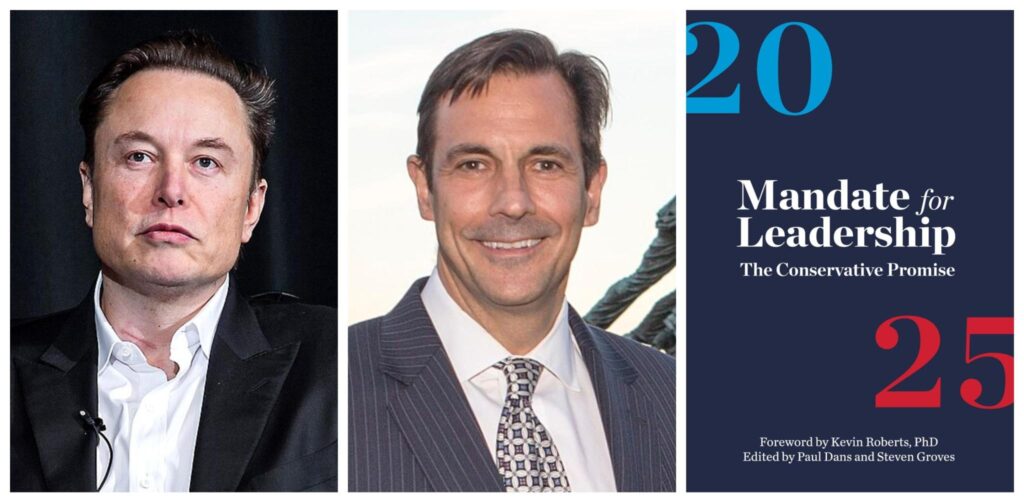Last week, in response to some discussion that generated around one of my posts, I suggested that governments needed to be held more accountable in moving us forward into a more sustainable lifestyle. One of you, however, was not satisfied with my position and felt that individuals should be doing much more on a personal level to curb our consumptive lifestyle. Although I agreed, I felt that leaving the onus solely on ourselves meant that people would not be motivated to change.
This cool idea , however, could make me eat my words. CRAGS, (carbon reduction action groups) are a new phenomenon springing up across the pond. They are comprised of groups of citizens who are taking collective action to reduce their personal greenhouse gasses output. They have their own set of targets and fine each other if they exceed those targets.
Subscribe to our newsletter
Stay up to date with DeSmog news and alerts







